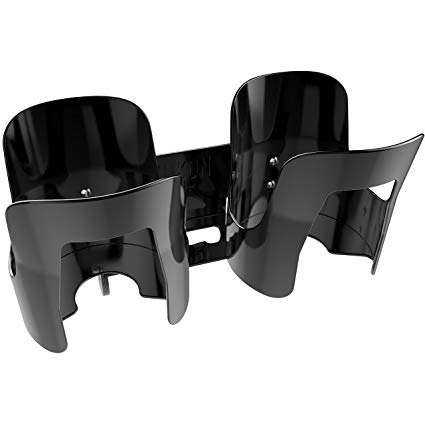 Darren Cottingham |
Darren Cottingham is director of DT Driver Training, a provider of online training courses for drivers of forklifts, trucks and cars.
Fine motor coordination, spatial awareness, concentration and the ability to understand and act on instructions are all important for a job as a forklift driver. However, one common condition causes a reduction in ability or capability in all of those: dehydration.
The average adult human body is 50-65% water, depending on age, weight, diet and how much liquid has been consumed. You feel thirsty when you've lost around 2% of your water. The problem is that the impacts of dehydration start to kick in at just a 1% loss. Just 1-2% is classed as a state of mild dehydration, 2-5% is moderate dehydration while over 5% is severe dehydration.
I went to the men's bathroom in one of the largest transportation companies in New Zealand and they had a colour chart above the urinals explaining how clear your urine needs to be before you are not considered dehydrated. This company takes dehydration seriously for its drivers because driving dehydrated can lead to the same symptoms as driving drunk.
Recent research found that people often arrive dehydrated at the work site. The study,
Hydration in the Work Site, also found that many workers do not drink enough during the day. In summer or in hotter workplaces, it actually might be impossible to keep up with water loss.
 If your forklift doesn't have a drink holder built in, add an aftermarket version. |
How does this affect your forklift drivers? Well, you have a person in charge of a heavy machine lifting a heavy load. The machine requires manual dexterity to precisely pick up and place the load. It requires judgement on the part of the driver to steer the load through the aisles and around obstacles. The driver must be able to understand what is to be done with the load. Dehydration reduces a driver's ability to perform these tasks at a safe level.
Another recent research paper asserted that a 2% dehydration level causes a 20% decline in physical performance. This could mean that your drivers will be less resistant to fatigue or might suffer strains and pains more readily as a result of their work.
Physical performance is easy to measure, but cognitive performance is more difficult to assess, and there is plenty of evidence that dehydration has negative consequences, but no-one knows exactly how much.
Reaction times have been measured in numerous studies, albeit with small numbers of people. Dehydration appears to affect women's reaction times more adversely than men's reaction times. In one study, people that drank a pint of water before conducting mental tasks had reaction times an average of 14% faster than those who did not have a drink.
So, I think we can all agree that dehydration doesn't provide the optimum safety or productivity results for your company and you may need to take action. Drivers should be encouraged to drink only water rather than energy drinks and sugary drinks that can cause blood sugar spikes followed by a noticeable crash in energy and an increase in fatigue. While many new forklifts come with a cup or bottle holder, if your existing forklifts don't have them, you can retrofit them from any number of suppliers.
An increase in liquid intake may cause drivers to need to take more bathroom breaks, so make sure you account for that and put protocols in place. Educate your drivers to drink enough when they are out of the workplace so that they are not arriving already dehydrated. Provide a filtered water source that is easy to access in your workplace.